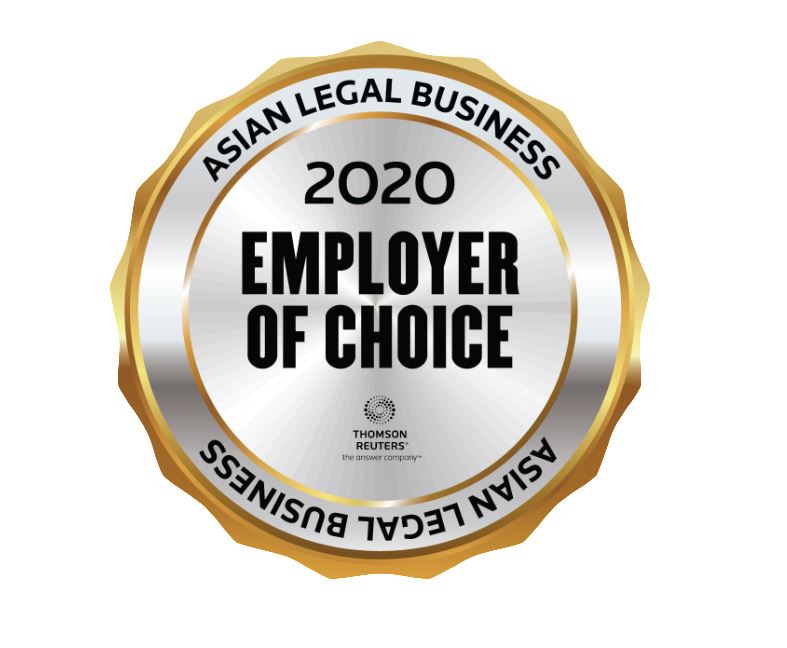The Inland Revenue Department (the “IRD”) has recently revised and reissued Departmental Interpretation and Practice Notes 39 (the “DIPN 39 (Revised)”) since it was first published in July 2001. Amongst others, the IRD has now provide some guidance on how it is going to assess digital assets (including but not limited to cryptocurrencies, cryptoassets or digital tokens). The article aims to discuss the tax treatment of the digital assets under the DIPN 39 (Revised).
1. No Specific Legal Legislation for Digital Assets
Currently, there is no specific provision in the Securities and Futures Ordinance (Cap. 571) (the “SFO”) or other legislation which governs the digital assets or tokens. In general, if a digital token has terms and features that may qualify as “securities” as defined in the SFO, it will be subject to the regulation and scrutiny of the Securities and Futures Commission. For instance:-
1. Where a digital token offered in an initial coin offering (the “ICO”) represents equity or ownership interest in a corporation such as shareholders’ rights, i.e. the right to receive dividends and the right to participate in the distribution of the corporation’s surplus assets upon winding up, etc., such token may be regarded as “shares”;
2. Where a digital token is used to create or to acknowledge a debt or liability owed by the issuer, for example, an issuer may repay a token holder the principal of their investment on a fixed date or upon redemption, with interest paid to the token holder, such the digital tokens may be considered as a “debenture”; or
3. Where token proceeds are managed collectively by the ICO scheme operator to invest in projects with an aim to enable a token holder to participate in a share of the returns provided by the project, the digital tokens may be regarded as an interest in a “collective investment scheme”.
Payment tokens or utility tokens, however, are not subject to the regulation of the SFC.
2. Tax Treatment of the Digital Tokens and Cryptocurrency Business
As explained in the DIPN 39 (Revised), the nature of the digital tokens issued in an ICO (i.e. the rights and obligations associated with the digital tokens) will determine the taxability of the proceeds from the ICO. If “security” tokens are offered in an ICO, the proceeds thereof will be capital in nature and hence not taxable from the perspective of the issuer. On the other hand, if utility tokens are offered in an ICO, the IRD is of the view that such proceeds could be taxable under section 14 of the Inland Revenue Ordinance (Cap. 622) as the proceeds represent prepayment by the token holders for future benefits or services.
As for digital token holders, if it can be established that the tokens are capital assets rather than trading stock, any profits from the disposal of the tokens will not be chargeable to profits tax. The well-established 6 badges of trade will be relied on by the IRD in determining whether a digital token is a capital asset or a trading stock. The IRD has also made it clear that it will apply the broad guiding principle in determining the source of profits arising from cryptocurrency transactions, i.e. the nature of the profits in question, the relevant operations that produced the profits in question and the place where those profit-generating operations were carried out.
3. Our Observations
Notwithstanding the inclusion of a new section for the taxation of digital assets and cryptocurrency businesses under the DIPN 39 (Revised), little concrete or additional guidance (save and except for the part on security tokens) has been provided when it comes to the determining of the nature of a digital asset and the source of profits for cryptocurrency businesses. The over-reliance on the 6 badges of trade and the basic charge under the IRO to tax an emerging industry which involves blockchain technology is likely to cause many ICO issuers and cryptocurrency businesses to be subject to tax review by the IRD and give rise to tax disputes. It is high time for the blockchain businesses to get prepared for the IRD’s stricter scrutiny for a tax perspective.
If you have any questions on the above, please contact one of the members of our Tax Advisory Team.
Shall you be interested to download this article as a brochure, please click on the following link: Revised Departmental Interpretation and Practice Notes on E-commerce and Digital Assets – Part 2
Disclaimer: This article is for reference only. Nothing herein shall be construed as Hong Kong legal advice or any legal advice for that matter to any person. Oldham, Li & Nie shall not be held liable for any loss and/or damage incurred by any person acting as a result of the materials contained in this article.
 Suite 503, 5/F, St. George's Building, 2 Ice House Street, Central, Hong Kong
Suite 503, 5/F, St. George's Building, 2 Ice House Street, Central, Hong Kong +852 2868 0696
+852 2868 0696






